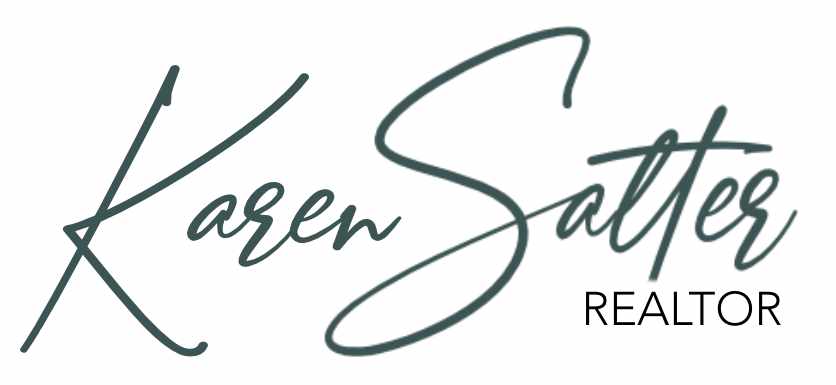Most often, homebuyers and sellers participating in a deal do not share real estate agents, but in around 15% of home sales, both parties do have the same agent. It’s referred to as “dual agency” and if you’re considering it, you may want to have a full understating of exactly what it means.
What Is Dual Agency?
Dual agency is when a single real estate agent represents both the buyer and the seller in a real estate transaction. It can also occur when an agent represents both the landlord and the tenant, or when the same real estate company represents both parties in a purchase and sale or rental transaction. Compared to single agency (one agent representing one party) there is more potential for the interests of one party being favored over the others with a single agent representing both. Which is why dual agency isn’t legal in all states, and has been discouraged by others in the past.
When to Consider Dual Agency
Some real estate professionals and consumer advocates say dual agency should never be considered. They question whether a dual agent can truly be neutral when facilitating a transaction where they represent both the buyer and the seller. For example, the seller will want to sell the home for the highest price possible while the buyer will want to pay the lowest price. Other professionals feel that benefits like speedier communications, and quicker closings make the potential lack of total neutrality less problematic.
Pros and Cons of Dual Agency
State laws about when agents have to disclose dual agency, and whether they have to disclose it orally or in writing can leave home buyers and sellers uninformed. Plus, some agents may not follow the rules. To limit the possibility of undisclosed dual agency, ask your agent as soon as possible whether they will be working only for you as a single agent or whether they are working, or might work, as a dual agent who also represents the other party. Don’t wait until closing to find out.
Pros
- Faster Communication: When one agent represents both sides of a transaction, there can be less of a delay in negotiations, and getting questions answered. getting the answer to a question.
- Possible Savings: An agent that stands to earn a double commission might be willing to accept a lower commission.
- More Knowledge: From a buyer’s perspective, using the seller’s agent could mean gaining access to more information about the home. The potential exists, however, for some of the details the buyer would like nor dovetailing with the seller’s desire to have them disclosed.
Cons
- Conflict of interest: This is the biggest drawback to dual agency, and why some states ban it.
- Tricky negotiations: Agents representing parties with opposite interests will find it hard to advocate for either.
What about Georgia?
Georgia law allows both parties to agree to have one agent or broker represent them in a real estate transaction at the same time. In other words, the agent or broker has a client relationship with all the parties to the transaction with out acting in a designated agency capacity.
Want to explore more real estate terminology? Check our Karen’s Helpful Terms.
If you have any questions about Dual Agency or anything at all real estate related, Karen would love to advise you! Please contact her today.









